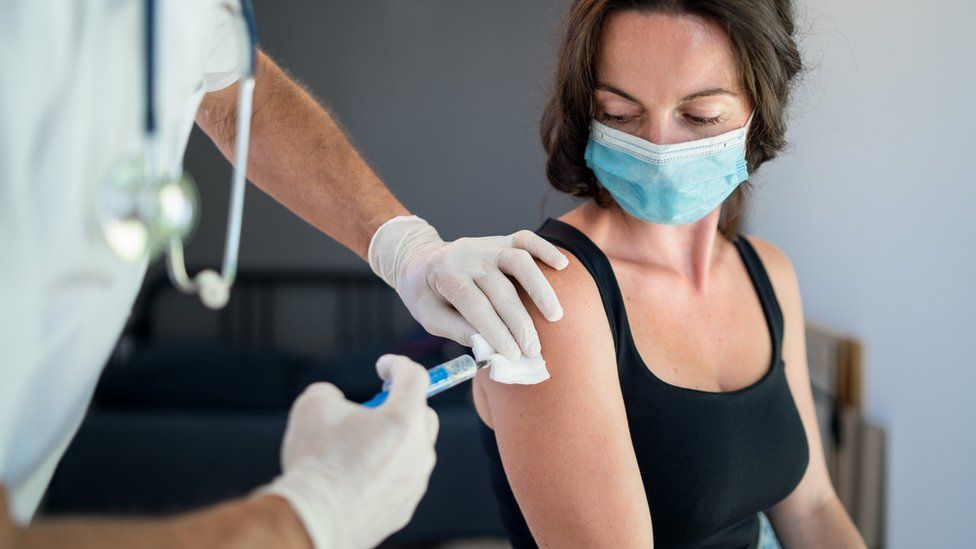

Chances of developing this condition is extremely rare and the South African Health Products Regulatory Authority (SAHPRA) confirmed that no major safety concerns were identified in the healthcare workers who partook in the Sisonke vaccine trial.Ĩ. It is an extremely rare condition, but local experts and treatments are available. This is called Vaccine Induced Thrombotic Thrombocytopenia. The most serious of these clots tend to occur in large veins in the brain and abdomen while the platelets (that would normally be part of the clotting process) drop dangerously low as well. What are the chances of developing a blood clot after getting vaccinated?Ī blood clot that develops after vaccination is called a Vaccine Induced Thrombosis.

While the symptoms show the immune system is responding to the vaccine in a way that will protect against disease, evidence from clinical trials showed that those with few or no symptoms were also protected.ħ. What does it mean if there are no side-effects after getting vaccinated? At most, the side-effects can last up to a week.Ħ. The vaccine side-effects should resolve within ~2 to 3 days after being administered the COVID-19 vaccine. How long could symptoms or side-effects of COVID-19 vaccination last? The side-effects are worrying and have not cleared after a few daysĥ.The redness or tenderness at the injection site worsens after 24 hours.Contact your doctor or healthcare provider if: In most cases, discomfort from pain or fever is a normal sign that your body is building protection. This allows for them to be monitored and treated immediately if they have a severe reaction.

The Centers for Disease Control and Prevention advises people to be monitored for 15 minutes after vaccination, and those with a history of other allergies for 30 minutes. These serious side-effects from vaccines are extremely rare. Less common side-effects reported for some COVID-19 vaccines have included: What are rare side-effects of the COVID-19 vaccine? Pain, swelling, or redness where the vaccine was injectedģ.The most common side-effects that occur after vaccination are mild. What are some common side-effects of the COVID-19 vaccine?

This is because your immune system is instructing your body to react in certain ways: it increases blood flow so more immune cells can circulate, and it raises your body temperature in order to kill the virus.Ģ. It is common to experience some mild-to-moderate side-effects when receiving vaccinations. Vaccines are designed to give you immunity without the dangers of getting severe disease. Is it normal to have side-effects from vaccines? In the following FAQ we address the most common questions around COVID-19 vaccine side-effects.ġ. Mild side-effects are common for vaccines and is telltale that a person’s body is building protection through the production of antibodies. Some individuals have no doubt about rolling up their sleeves, whereas others have questions and are fearful of the possible side-effects. Vaccines are considered a feat of medical science that have saved millions of lives across the globe, and in the time of COVID-19, it is considered a beacon of hope that offers protection against severe COVID-19 disease and possible death. The textbook definition of a vaccine is a substance used to stimulate the production of antibodies that provide immunity against one or several diseases, and is prepared from the causative agent of the disease. Division of Public Health, Surveillance and Response.Centre for Respiratory Diseases and Meningitis.Centre for Healthcare-Associated Infections, Antimicrobial Resistance and Mycoses.Centre for Emerging Zoonotic and Parasitic Diseases.COVID-19 Vaccine Breakthrough Cases Frequently Asked Questions.


 0 kommentar(er)
0 kommentar(er)
